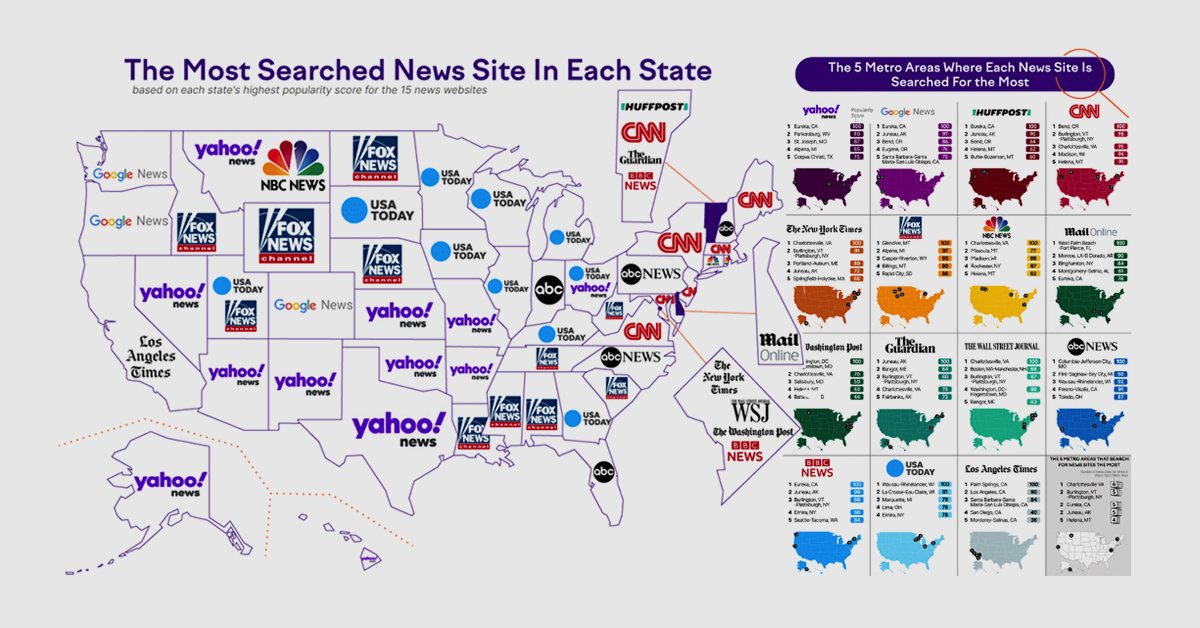The U.S. media has gone under exceptional examination, with educated authorities, regulators, and even scientists themselves faulting it for its propensity and acting of having assaulted us in its thought about the force of political race. Educated people across the political reach have said that fake news and cyberattacks expected a basic part in picking the course of events. The transcendent reasoning has an "if by some fortunate turn of events" tenor: Expecting by some fortunate new improvement the media had been less affected by shocking stories for the situation by some fortunate new advancement propensity in the media had been cleaned, and tolerating by some fortunate improvement fake news had been discarded and cyberattacks decreased, the outcome would have been uncommon. The power change has been disengaged from a commensurate standpoint, expecting by some fortunate new improvement the media were less distractible and titles more cautious.

Enduring that way is delightful, yet it misses the mark. The media did the unequivocally careful thing it was typical to do, given the inspirations that control it. It isn't precisely that the media chooses to be sentimentalist; its methodology leads it that way. Charges of propensity don't make the inclination certifiable; now and again lies dynamic ward upon every individual's inclinations. Fake news and cyberattacks are triggers, not causes. The issues that face us are crucial. To the request, in case the media were to cover the political race again, with the likely addition of knowing the past, might we at some point expect anything remarkable? my reaction is a sobering no. This is for two reasons: how news is made and elevated on the stock side and how clients manage news on the intriguing side. An impediment is perpetually out. The evaluation here isn't stressed over which contender saved the decision to win or whose message was better. It is stressed over analyzing the media and its wire, seeing its focal drivers, and understanding what we should expect going from it.
On occasion, the news is newsworthy not because it is especially life-getting refreshed but because it demands something clear that requires confirmation or because it outfits something broadly comprehended with an impression of scale. This applies to the openness uncovered by the New York Times's Jonathan Martin and Alexander Copies and announced by CNN's Brian Stelter that President Biden sees Rupert Murdoch, the pioneer behind Fox News, as the most dangerous man on the planet. Clear in overgeneralized terms yet eventually guaranteed and with a vibe of scale. Nevertheless, this top-line evaluation of the face ordinarily connected with the standard association network misses a basic optional assessment related to the Martin-Consumes counting. Fox News, the president feels, is the capability of unquestionably the most upsetting power in the US, as the essayists put it. This is the more basic disclosure as it sees the broadness of Fox News' impact even past the senior Murdoch. Four sections past Murdoch make Fox News a remarkably risky piece of the American news scene, its grit with the political right, the showed way by which it shapes its watchers' convictions, its grasp on moderate power, and the perspectives on its drive.

No comments:
Post a Comment